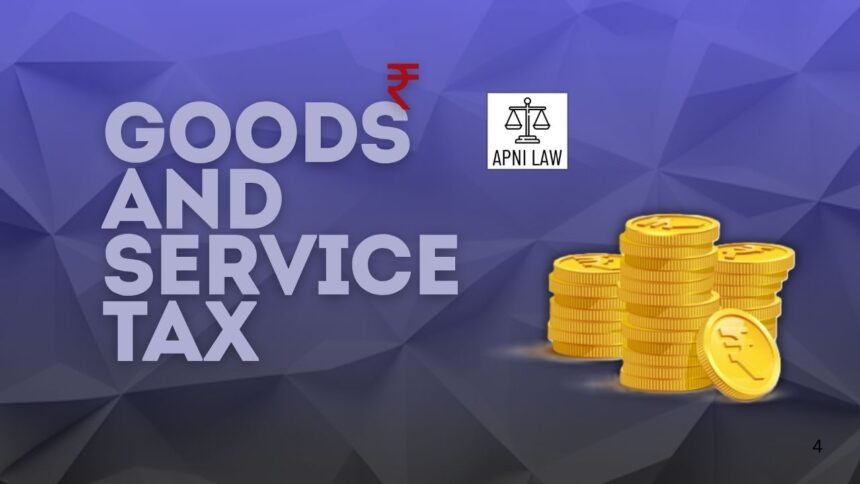The Goods and Services Tax (GST) mandates GST registration for certain businesses based on turnover and the nature of their supplies. It is a great help in knowing these rules in which businesses comply with tax regulations and avoid legal issues.
When Would A GST Registration Be Mandatory
Under GST law, every supplier must register if their aggregate turnover in a financial year exceeds ₹20 lakh. This applies to those operating in States or Union Territories. This is excluding special category States. For businesses in special category States, the registration threshold is ₹10 lakh. The Government may increase this limit up to ₹20 lakh on request from a special category State. This is provided when the GST Council recommends it. Additionally, for those exclusively supplying goods, the Government may raise the limit from ₹20 lakh up to ₹40 lakh. This is subject to specified conditions. A person will still qualify as exclusively supplying goods even if they provide exempt services like loans, deposits, or advances, as long as the income comes in the form of interest or discount.
Is GST Registration Required In Case Of Business Transfers
Any person already registered or holding a license under earlier tax laws must register under GST from the appointed date. A registered business transfers ownership, due to succession or otherwise. The new owner or successor must register from the date of that transfer. In cases of mergers or demergers sanctioned by courts or tribunals, the transferee must register. This should be from the date the Registrar of Companies issues the new certificate of incorporation.
Definitions and Clarifications under GST Act
Aggregate turnover includes all supplies made by the taxable person, whether made independently or on behalf of principals. If a registered job worker completes the supply of goods, it is treated as a supply by the principal. The job worker’s turnover does not include the value of those goods. The term “special category States” refers to States listed under Article 279A(4)(g) of the Constitution. This excludes Jammu & Kashmir, Arunachal Pradesh, Assam, Himachal Pradesh, Meghalaya, Sikkim, and Uttarakhand.
What Are Some Exemptions from GST Registration
Some persons do not need to register under GST. This includes those who deal only in goods or services that are wholly exempt or not taxable under GST laws. Agriculturists are also exempt, but only for the supply of produce resulting from their own land cultivation. The Government may also exempt certain categories of people from registration, provided the GST Council recommends it and the exemption is formally notified.
Regardless of turnover, some persons must register under GST. This includes those making inter-State taxable supplies, casual taxable persons, persons liable to pay tax under reverse charge, those falling under Section 9(5), and non-resident taxable persons. It also includes persons required to deduct tax under Section 51. Also agents supplying on behalf of others, Input Service Distributors. Those who supply goods or services through e-commerce platforms where tax must be collected at source. Additionally, every e-commerce operator liable to collect TCS, foreign providers of online information or database access services to people in India, and foreign suppliers of online money gaming must register. The Government may notify other categories of persons who are also required to register, based on recommendations from the GST Council.
Conclusion
GST registration is a legal obligation for many businesses, based either on their turnover or the kind of transactions they carry out. Staying informed about who must register helps ensure compliance and smooth business operations. Whether you run a small trading unit, a digital platform, or an international service, understanding GST registration norms is crucial for legal and financial stability.










